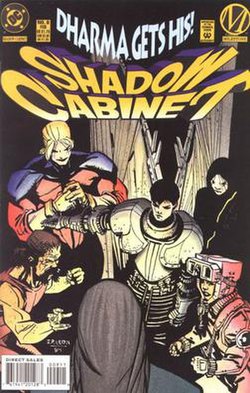
PETALING JAYA, Thurs:
There is strength in numbers for the formation of an Opposition shadow cabinet but Universiti Teknologi Mara senior professor of law Prof Shad Salim Faruqi cautioned that it would not necessarily raise the image of the Opposition coalition in the eyes of the public.
“In 2004, there were only about 20 Opposition MPs. Now, there is 82, so it is perfectly viable for the formation of a shadow cabinet. But right now, they (the Opposition coalition parties) are being very general about issues. It is not known whether they can unite when it comes to policy matters, such as on the New Economic Policy and Islamic state and so on,” he said.
Faruqi and University of Reading School of Law head Prof Patricia Leopold were among the speakers at a forum entitled ‘Parliamentary Reform in Malaysia’ at the Taylor’s University College here.
Faruqi said the Opposition coalition needed to put out a document stating their policies. “They need to have a vision of their own and not just oppose government policies. Simply said, they need to be bold and provide an alternative vision. If not, people would rather stay with the devil they know, so to speak,” he said.
Faruqi explained that having a shadow cabinet simply meant that opposition assigns to the task of monitoring particular policies to specific MPs.
According to the British governance system, a shadow cabinet is generally a senior group of opposition spokespeople in the Westminster system of government, who together under the leadership of the Leader of the Opposition (or the leader of other smaller opposition parties) form an alternative cabinet to the government's, whose members shadow or mark each individual member of the government.
It is the shadow cabinet's responsibility to pass criticism on the current government and its respective legislation, as well as offering alternative policies.
Countries which practice some form of the shadow cabinet system include Australia, Canada, France, Japan and Thailand.
Leopold said for a shadow cabinet to work, it needs to be properly funded, quoting the British example. “We have ‘short money’, which enables the Opposition to have public money to assist them in what they do. There are also provisions for opposition days in the House of Commons, where they choose the topics of the vote and there are also separate committees that are chaired by the Opposition,” she said.
Faruqi said in Malaysia, there were no legislative barriers to the setting up of a shadow cabinet.
tunku : if the opposition is really serious they should merge and form a single party like the Barisan Nasional.They are the opposition but they have different policies,view,strategies,vision etc.They will never succeed unless they can come up with common vision,goals,policies etc.i can predict that the oppositions will face problem in Perak and Selangor because not a single opposition party holds the majority seats.













 Malaysian Ringgit Converter
Malaysian Ringgit Converter
























No comments:
Post a Comment